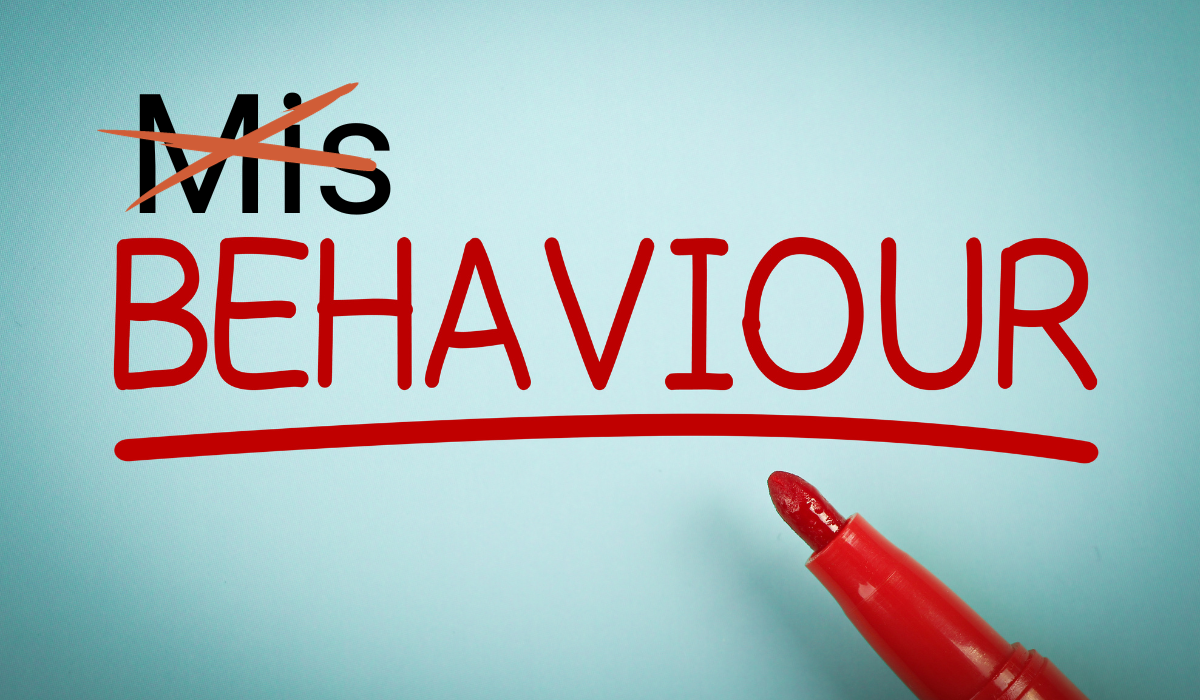Children don’t misbehave for no reason; their actions are their way of expressing needs, emotions, and a desire to understand the world. Effective parenting is about deciphering the language of misbehavior and guiding them with compassion.
Parenting is a journey filled with joys and challenges, and one common challenge that every parent faces at some point is how to handle their child’s misbehavior. It’s important to remember that children don’t misbehave for no reason; their actions often serve as a way of communicating with us. In this article, we’ll explore the underlying causes of misbehavior, how the meaning of misbehavior evolves as children grow, and what parents should avoid doing when their child is acting out.
Why Children Misbehave:
Children’s misbehavior is not random; it often serves as a form of communication. Understanding the underlying reasons for misbehavior is crucial for effective discipline.
- Attention-Seeking: Imagine your child as a little detective, and their mission is to get your attention. When they misbehave, it’s like waving a flag to say, “Look at me!” Children may act out to gain attention, especially if they feel neglected or overlooked.
- Expressing Emotions: Kids have big feelings, but they might not have the right words to express them. Misbehavior can be their way of saying, “I’m mad!” or “I’m sad!” They might not know how to tell you with words, so they use actions.
- Testing Boundaries: Think of toddlers and preschoolers as little scientists. They’re curious and want to know how things work. Misbehavior can be a way to test the boundaries and see what they can get away with. It’s like experimenting in the lab of life.
- Seeking Independence: As kids grow, they want to do things on their own. It’s their way of saying, “I’m a big kid now!” Misbehavior can be a sign that they’re trying to be more independent and make their own choices.
What Misbehavior Typically Means Across Age Groups:
Misbehavior can vary depending on a child’s age and developmental stage. Understanding these differences can help parents respond effectively.
- Toddlers and Preschoolers (2-5 years): Imagine a little explorer in your home. Toddlers and preschoolers are like adventurers discovering the world. Tantrums and defiance are common because they’re testing limits and trying to be independent. When they misbehave, it’s often because they’re frustrated or can’t express what they want.
- Elementary School-Age (6-12 years): For this age group, think of kids as students in the school of life. They’re learning about rules, peer pressure, and dealing with homework stress. Misbehavior can be their way of dealing with these challenges. They’re also seeking more independence and might push the boundaries.
- Adolescents (13-18 years): Teenagers are like young adults-in-training. They’re figuring out who they are and dealing with peer pressure, school, and responsibilities. Misbehavior can be their way of expressing frustration or trying to establish their identity. They might also test the limits you’ve set.
What Parents Should Refrain from Doing:
When a child misbehaves, it’s essential for parents to respond thoughtfully. Here are some things to avoid:
- Overreacting: Imagine your reaction is like seasoning in a dish. Too much can ruin the meal. Reacting with anger or frustration can make the situation worse. Stay calm and composed, just like you would when troubleshooting a problem.
- Ignoring Misbehavior: While overreacting is unhelpful, ignoring repeated misbehavior is equally problematic. Imagine it’s like a weed in your garden; if left unattended, it can take over. Address the issue constructively, like tending to your garden regularly.
- Using Harsh Punishments: Imagine discipline as a GPS guiding your child. If the GPS is too strict, they might take the wrong route. Avoid excessive punishment, as it can lead to fear and resentment. Focus on teaching and guiding, like a GPS helping them find the right path.
- Comparing with Siblings: Sibling rivalry is like a friendly competition. Imagine if you were constantly compared to your siblings. It can be frustrating. Avoid comparing your child’s behavior to that of their siblings. Each child is unique, and comparing can create rivalry.
- Labeling the Child: Think of labeling as putting a sticker on your child’s forehead. Labels like “naughty” or “bad” can stick for a long time. Avoid labeling your child in a negative way, as it can negatively impact their self-esteem.
As children grow, they strive for independence. Picture them as young adventurers who want to prove they can make their own decisions. Misbehavior can be a manifestation of their desire to assert their autonomy. This evolving need for independence can sometimes lead to challenges in behavior as they navigate the fine line between dependence and self-sufficiency. Understanding these reasons behind misbehavior is the first step toward effective discipline and nurturing positive parent-child relationships.
Happy Parenting!
